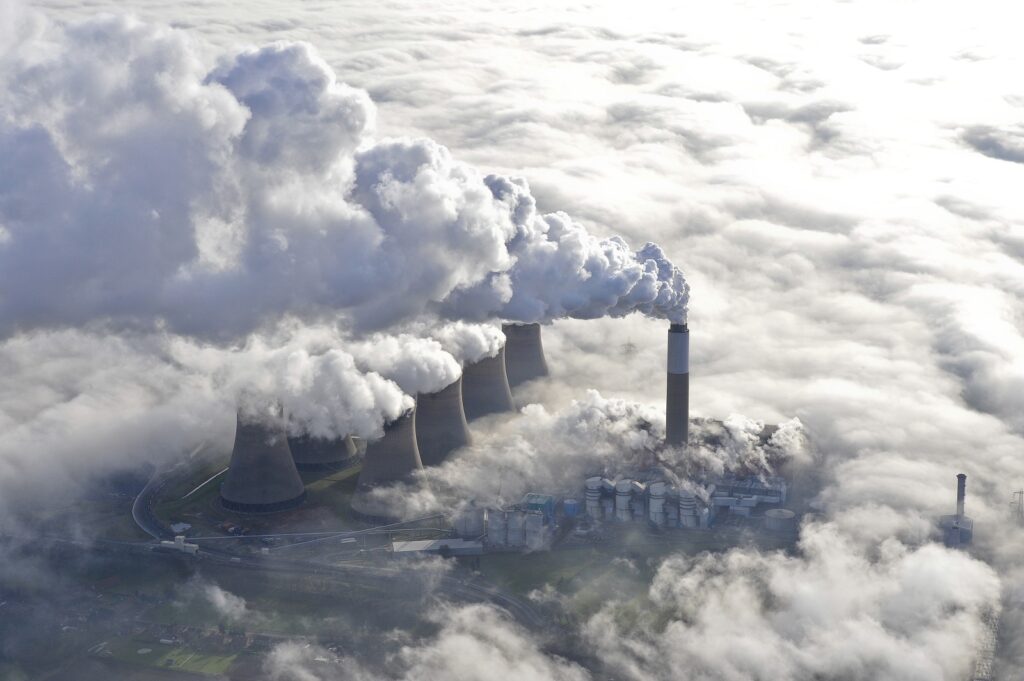Great Britain’s latest coal free run – which spanned 55 days – has come to an end due to low wind and tighter margins.
National Grid ESO confirmed on Twitter yesterday (12 August 2020) that coal had come back onto the grid that afternoon, stating that whilst the record ended at just over 55 days “two years ago GB set a coal-free record of 55 hours – not bad progress”.
It continued to explain that low wind output alongside tighter margins were among the reasons for bringing coal back online over the day’s peak hours.
So far in 2020, Britain has operated for over 3,300 hours without coal, equivalent to over 60% of the year.
Commenting on the end of the latest run, Professor Phil Hart, director of energy and power at Cranfield University, said that coal coming back on was “inevitable”.
“We simply do not have enough or the right mix of renewable energy sources in the UK at the moment and we don’t have enough energy storage capacity. We are making great strides and the emissions that the energy sector produces have reduced and, even since last year, our dependence on coal has dropped dramatically,” he said.
According to data from Drax Electric Insights, the grid is once again coal free, with the fossil fuel dropping off around 23:50 on 12 August.
Louis Burford, head of solution sales and optimisation at Centrica Business Solutions, however, said that the most recent streak was “impressive”, with the shift away from fossil fuels and towards renewables to be “key in allowing the UK to hit its carbon reduction targets”.
“However, it will only be possible if we continue the process of re-engineering the way energy is generated, distributed and stored so that we can better manage the peaks and troughs associated with renewable generation.
“A key part of this will be allowing consumers of energy – aka homes and businesses – to become generators of energy and participate in local energy markets. We’re already seeing a lot of businesses decentralising their energy demands and choosing to install solar generation tech and battery storage on-site, which not only offers cost and carbon benefits but allows them to trade their energy. The move to these types of distributed, flexible energy systems will be essential to increasing the use of renewables within our energy systems.”
This year saw the longest coal-free run ever achieved, with the record beginning in April as Drax unit 5 switched off. The coal-free run beat previous records, surpassing the 18 days, 6 hours and ten minutes set in May 2019, which was the first time Britain had gone even a week without coal.
It then continued on, passing a month without the fossil fuel on the grid on 10 May 2020 before hitting two months on 10 June, a milestone National Grid ESO described as an “incredible achievement”.
The number of operational coal generators in the UK has been steadily declining for years. The most recent closures were SSE’s last coal-fired power station, Fiddler’s Ferry, and RWE’s Aberthaw B coal-fired power station, both in March.





